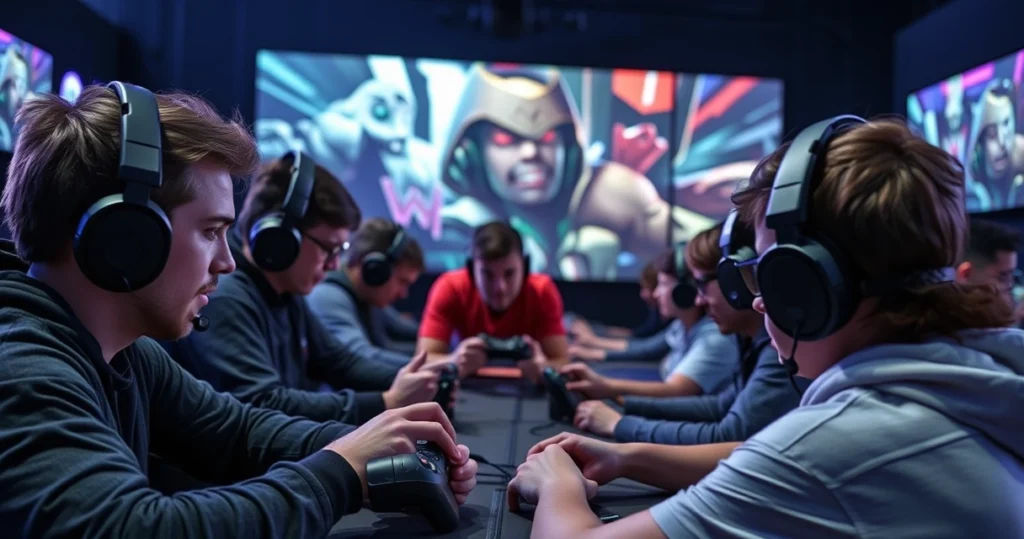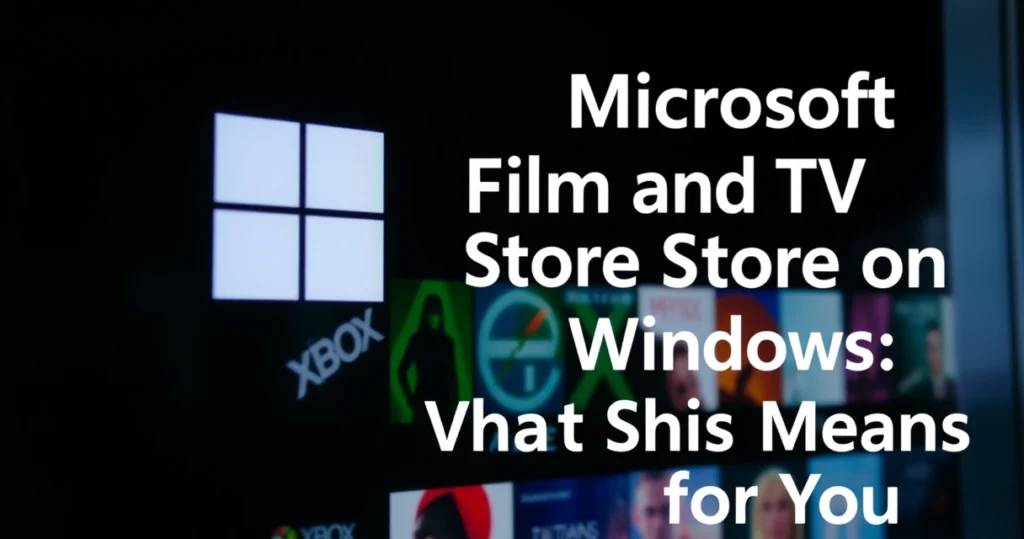The gaming community has always been a vibrant tapestry of creativity, expression, and passion. However, in recent years, the industry has faced increasing pressure from various groups advocating for the censorship of adult-oriented content, particularly in the realm of NSFW (Not Safe For Work) games. As these titles have been delisted from major platforms, a growing coalition of gamers and industry advocates is rallying against this censorship, asserting that it threatens freedom of expression and the very essence of what gaming represents.

In response to the delisting of various NSFW games, players have taken to social media, forums, and even direct channels to voice their discontent. By flooding financial institutions like Visa and Mastercard with complaints and highlighting the titles of those affected, gamers are not only supporting developers but also calling attention to what they see as an unjust silencing of creative content. This article explores the motivations behind this movement and the implications for freedom of expression in the gaming industry.
The Rise of NSFW Game Censorship
The debate surrounding NSFW game censorship is not new, but it has gained significant traction recently. As gaming platforms tighten their policies regarding content deemed inappropriate, many developers are finding their creations either heavily altered or removed entirely from stores. This shift is largely driven by societal views on adult content, which can vary greatly from one region to another.
Industry Groups and Their Role
Various industry groups have emerged to combat this trend, advocating for the rights of developers and gamers alike. Organizations such as the Entertainment Software Association (ESA) and the International Game Developers Association (IGDA) have voiced their concerns over the disruptive nature of censorship. They argue that it not only stifles creativity but also undermines the potential for a diverse gaming landscape.
Effects of Censorship on Developers
Developers of NSFW games often face unique challenges. Many of these titles are created by small indie studios that rely on platforms like Steam and itch.io for distribution. When these games are delisted, it can have devastating effects on their revenue and long-term viability. Moreover, censorship creates a chilling effect, discouraging new developers from exploring adult themes altogether.
Gamers Taking Action
In light of recent delistings, gamers have mobilized to take tangible action. Social media platforms have become a battleground for discussions on censorship, where players share their experiences and band together to support their favorite titles. Many are actively contacting financial institutions, primarily Visa and Mastercard, to voice their discontent regarding censorship policies imposed by gaming platforms.
Complaints to Financial Institutions
Gamers are using various strategies to lodge complaints against the censorship of NSFW games. By highlighting specific titles that have been delisted and the impact on the developers, players are aiming to pressure financial institutions to reconsider their roles in facilitating this censorship. The idea is that if financial giants are made aware of the backlash from consumers, they may reconsider their partnerships with platforms enforcing strict content policies.
Community Support for Delisted Games
Alongside direct action against financial institutions, gamers are also creating supportive networks for developers of delisted games. These communities serve as a hub for discussion, information sharing, and even fundraising efforts to help developers continue their work despite facing censorship challenges. By amplifying the voices of creators, gamers are fostering a culture of solidarity and resilience.
Key Points of Support
- Awareness: Raising awareness about delisted titles and the reasons behind their removal.
- Advocacy: Advocating for the rights of developers to create content that explores adult themes.
- Community Building: Establishing communities to provide mutual support among gamers and developers.
- Direct Action: Engaging in direct action against financial institutions to highlight the issue of censorship.
- Creative Freedom: Promoting the idea that gaming is an art form deserving of the same freedoms as traditional media.
The Broader Implications of Censorship
The fight against NSFW game censorship is not just about specific titles; it touches on broader themes of freedom of expression and artistic integrity. When content is censored, it raises questions about who gets to dictate what is acceptable in the gaming world. This has implications not only for adult games but for the industry as a whole.
Freedom of Expression in Gaming
The gaming community has long prided itself on being a space where diverse voices can share their stories. Censorship threatens this diversity, pushing creators to conform to a limited set of standards. Gamers argue that the ability to explore adult themes is essential to the evolution of the medium. Just as films and literature have sections that deal with mature content, so too should gaming be allowed to explore similar themes without fear of censorship.
Frequently Asked Questions (FAQ)
1. What constitutes NSFW game content?
NSFW game content includes any material that is sexually explicit, suggestive, or otherwise inappropriate for workplace or general audiences. This can range from nudity to graphic sexual content.
2. Why are games being delisted from platforms?
Games are often delisted due to strict content policies set by platforms that aim to avoid backlash or legal issues related to adult content. This can include pressure from payment processors, advertisers, and social advocacy groups.
3. How can gamers support delisted games?
Gamers can support delisted games by raising awareness through social media, contacting financial institutions with complaints, and participating in community-driven initiatives aimed at supporting developers.
4. What are the potential consequences of continued censorship?
Continued censorship may lead to a homogenization of game content, stifling creativity and preventing developers from exploring unique themes and narratives that reflect diverse human experiences.
5. Are there any organizations that support the fight against censorship?
Yes, organizations like the Entertainment Software Association (ESA) and the International Game Developers Association (IGDA) are vocal advocates for developers’ rights and freedom of expression in gaming.
Conclusion
The movement against NSFW game censorship is a testament to the resilience and unity of the gaming community. As gamers rally together to support their favorite developers and advocate for freedom of expression, they are setting a precedent for what the future of gaming can and should be. By challenging censorship and raising awareness, gamers are not only fighting for their own rights but also for the creative freedoms of all developers in the industry. This bold fight for artistic expression ensures that the gaming landscape remains rich, diverse, and reflective of the myriad experiences that define humanity.
📰 Original Source
Este artigo foi baseado em informações de: https://www.wired.com/story/gamers-are-furious-about-the-censorship-of-nsfw-games-and-theyre-fighting-back/



